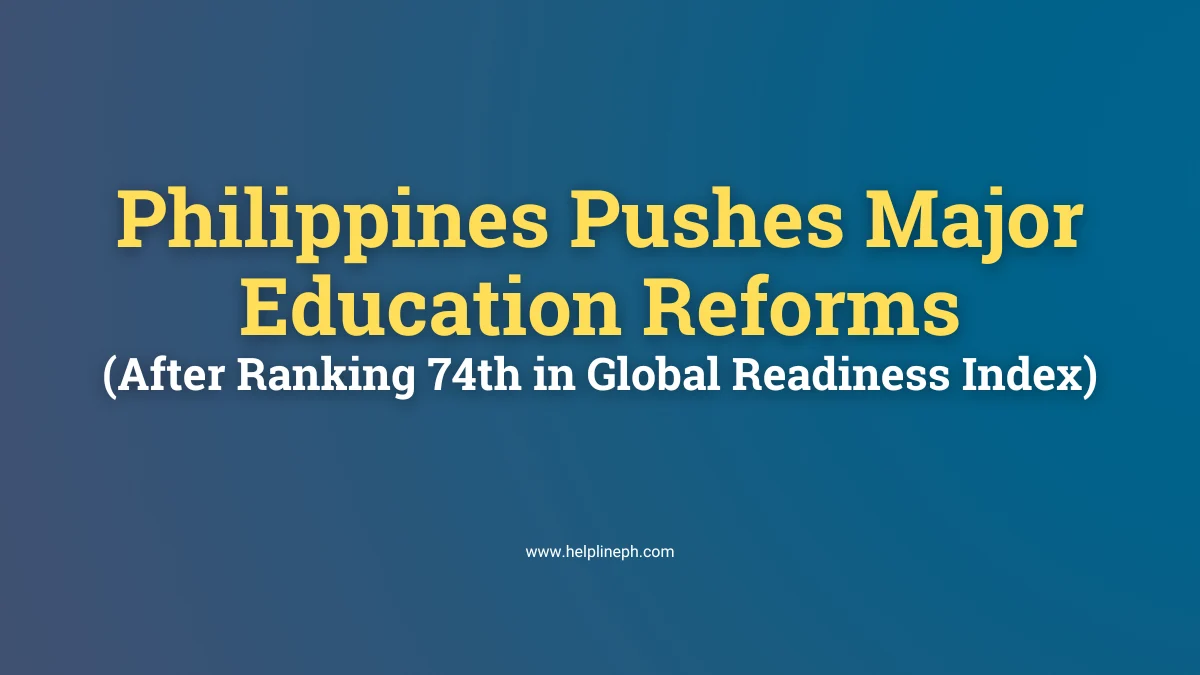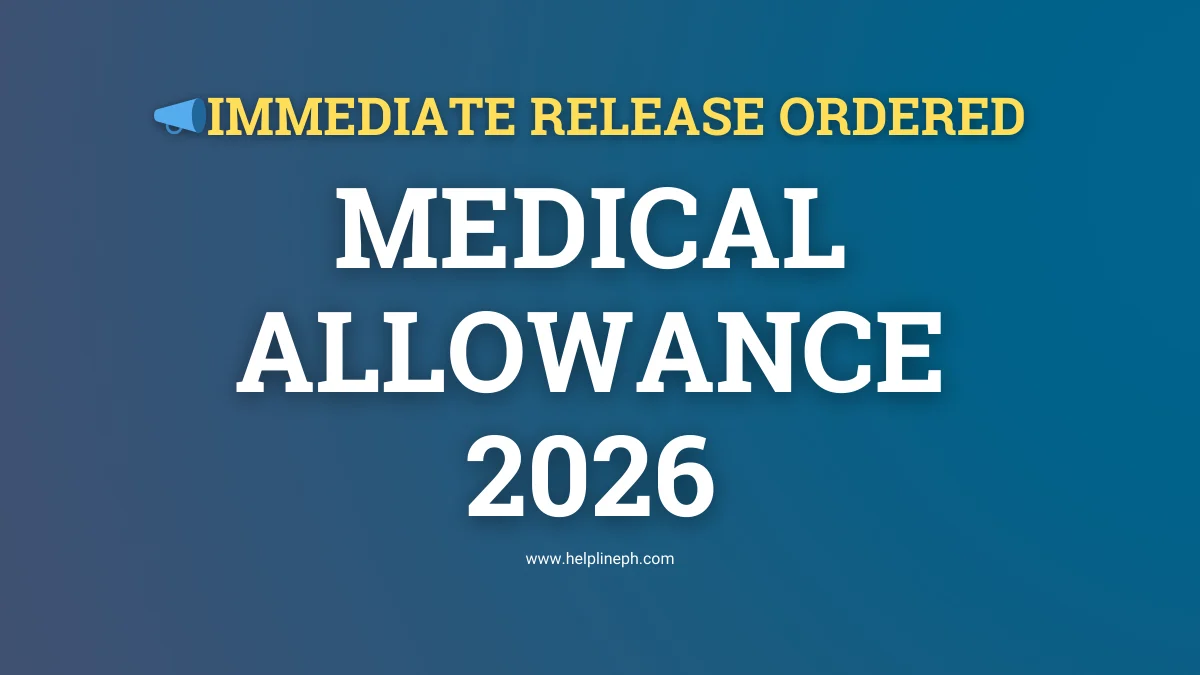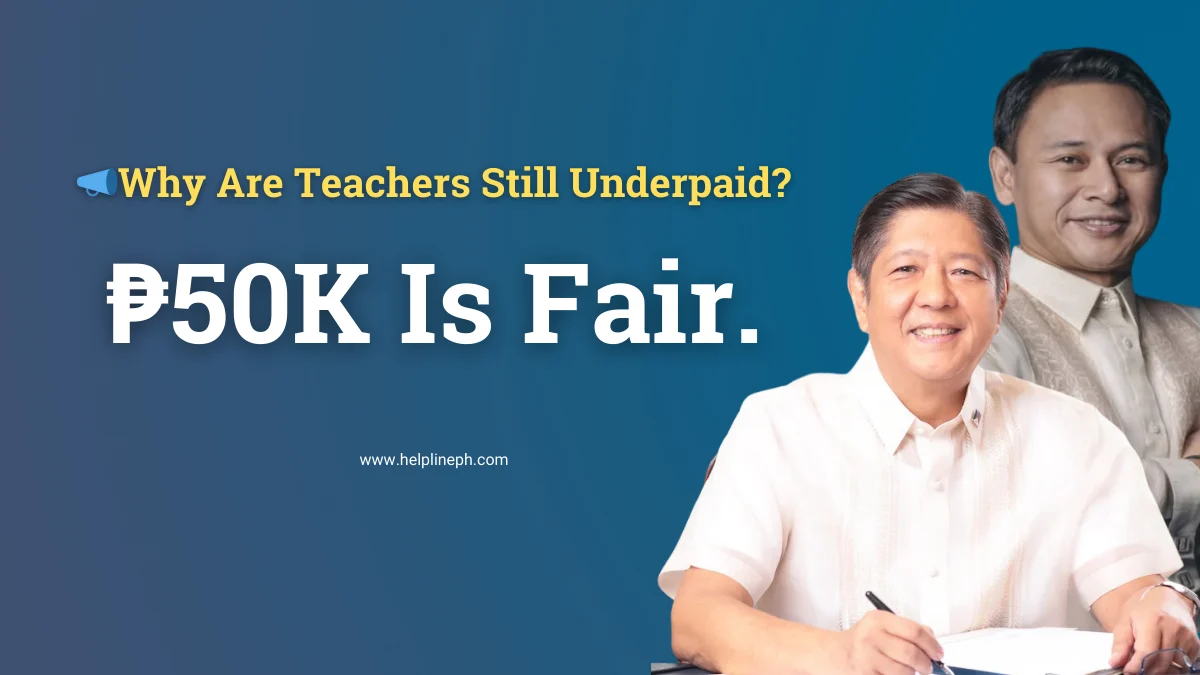Philippines Education Reforms: DepEd Responds to Low Global Ranking
The Philippines education reforms are now a top priority for the Department of Education (DepEd) after the country ranked 74th out of 177 nations in the Global Education Futures Readiness Index (GEFRI) 2025.
The Philippines scored 56.32 out of 100, making it the fifth lowest in Southeast Asia. The index measures how prepared countries are for future education challenges, including governance, innovation, infrastructure, and equal access to learning.
GEFRI noted that while the Philippines is close to the global average, it still lacks the level of ambition needed for future success.
Why the Philippines Needs Stronger Education Reforms
DepEd admitted that the ranking is a wake-up call. Secretary Sonny Angara said,
“We are improving the system to be better, more modern, and more useful to teachers, parents, and students.”
The goal is to make education more future-ready by focusing on technology, skills training, and better school management.
AI-Powered Tools to Improve Teaching and School Management
One of the biggest steps is the Education Center for Artificial Intelligence Research, which will use AI and data science to solve school problems.
Some of its projects include:
- Sigla – A mobile app that monitors student growth.
- Talino – A mapping tool to guide private companies in supporting schools.
- Dunong – A dashboard that helps with school leadership and succession planning.
- SALIKSeek – A chatbot to help DepEd officials find internal data faster.
- Sabay and Ligtas – Tools for cognitive screening and geohazard tracking in schools.
DepEd has also launched Project Bukas, an open-data system to track enrollment, school resources, and learning outcomes.
K-12 Reforms and Skills Training
The K-12 program is also being restructured. Senior High School (SHS) students will now receive more Technical-Vocational Education and Training (TVET) so they can find work faster after graduation.
SHS graduates are now qualified for first-level government positions, making the program more career-focused.
However, there are debates about whether the K-12 program should continue. Some lawmakers, like Senator Jinggoy Estrada, want to scrap it, saying it has failed to meet its goals.
Improving Internet Access for Schools
DepEd is also investing in better internet connectivity through programs such as:
- PSIP Connect – Provides devices, solar energy, and satellite internet to remote schools.
- Bayanihan SIM Program – Helps schools in areas with poor signal coverage.
DepEd targets all public schools to have internet access by the end of 2025.
Why These Reforms Matter
The world is changing fast, and education must keep up. The Philippines education reforms aim to give students better tools, better teachers, and better opportunities for the future.
While these changes won’t happen overnight, experts believe they are a step toward making Philippine education more competitive worldwide.
Frequently Asked Questions (FAQs)
What is the Global Education Futures Readiness Index (GEFRI)?
It measures how prepared countries are for future education needs based on governance, innovation, infrastructure, and equal access to learning.
Why did the Philippines rank low?
The Philippines scored close to the global average but lacks strong innovation, infrastructure, and future-oriented education programs.
What are the main education reforms?
DepEd is introducing AI-powered tools, improving the K-12 program, strengthening skills training, and expanding internet access for schools.
When will all schools get internet?
DepEd aims to connect all public schools to the internet by the end of 2025.
Will the K-12 program be removed?
For now, K-12 remains, but it is being improved. Some lawmakers are proposing to remove it, but DepEd is pushing for reforms instead.






